[Text adapted from a speech delivered on September 29, 2020,
in Rapid City, South Dakota, at a Hillsdale College National Leadership Seminar.]
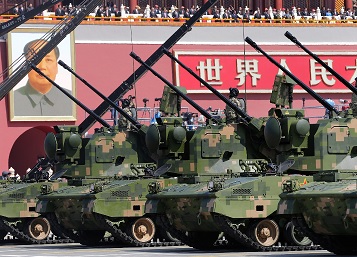
We are at risk of losing a war today because too few of us know that we are engaged with an enemy, the Chinese Communist Party (CCP), that means to destroy us. The forces of globalism that have dominated our government (until recently) and our media for the better part of half a century have blinded too many Americans to the threat we face. If we do not wake up to the danger soon, we will find ourselves helpless.
That is a worst-case scenario. I do not think we Americans will let that happen. But the forces arrayed against us are many. We need to understand what we are up against and what steps must be taken to ensure our victory.
Our modern understanding of Communist China begins during the Cold War, with President Nixon’s strategic belief that China could serve as a counterweight to the Soviet Union. This belief seemed to carry with it two great benefits. First, the U.S. wouldn’t have to take on the Soviet Union by itself: Communist China was a populous country that bordered the Soviet Union and shared our interest, or so we thought, in checking its global ambitions. Second, by engaging with China—especially in terms of trade, but also by helping it develop technologically—we would help to end communism as a guiding force in China. This second notion might be called the China dream: economic liberalism would lead to political liberalism, and China’s communist dictatorship would fade away.
At the end of the Cold War, pursuing the China dream appeared a safe course of action, given that the U.S. was then the world’s preeminent military power. The 9/11 Islamic terrorist attacks reinforced the notion that superpower conflict was a thing of the past—that our major enemy was now radical Islam, widely diffused but centered in the Middle East. Later that same year, China was granted “Most Favored Nation” trading status and membership in the World Trade Organization. Little changed when the Bush administration gave way to the Obama administration. The latter’s “pivot to Asia” was mostly rhetorical—a justification to degrade our military capabilities vis-à-vis China, integrate even further the U.S. and Chinese economies, and prioritize the Middle East above all else.
- Hits: 3543
 Huigh van Groot, conocido en idioma español como Hugo Grocio nació en Delft, cerca de Rotterdam, Holanda, el 10 de abril de 1583.
Huigh van Groot, conocido en idioma español como Hugo Grocio nació en Delft, cerca de Rotterdam, Holanda, el 10 de abril de 1583.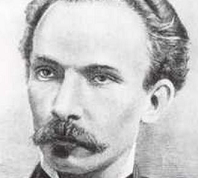 proyecto que Martí veía con recelo, por pensar que podía servirle de instrumento de dominación regional al país anfitrión —el cual empezaba a surgir como una gran potencia— frente a las naciones del sur. Estas, pese a compartir una herencia común de lengua y tradiciones, se mostraban segmentadas y, en muchos casos, sujetas a regímenes dictatoriales o a oligarquías criollas que tenían los ojos puestos en Estados Unidos y Europa como modelos a imitar, con menosprecio de las poblaciones y tradiciones autóctonas.
proyecto que Martí veía con recelo, por pensar que podía servirle de instrumento de dominación regional al país anfitrión —el cual empezaba a surgir como una gran potencia— frente a las naciones del sur. Estas, pese a compartir una herencia común de lengua y tradiciones, se mostraban segmentadas y, en muchos casos, sujetas a regímenes dictatoriales o a oligarquías criollas que tenían los ojos puestos en Estados Unidos y Europa como modelos a imitar, con menosprecio de las poblaciones y tradiciones autóctonas.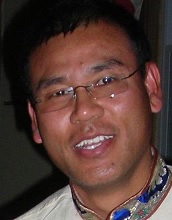
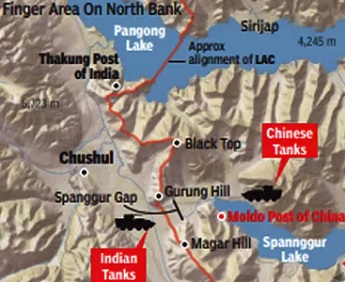
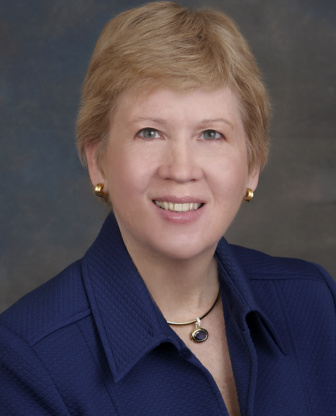 During the 1960s and 1970s, when African-American revolutionaries launched street violence in cities across the United States, their close ideological and personal working relationship with the Chinese Communist Party (CCP) was very much out in the open. When Black Panther Party leaders Elaine Brown and Huey P. Newton or avowed militant revolutionaries such as Robert Williams visited Beijing in those days, it was often a photo op—sometimes with Mao Zedong himself.
During the 1960s and 1970s, when African-American revolutionaries launched street violence in cities across the United States, their close ideological and personal working relationship with the Chinese Communist Party (CCP) was very much out in the open. When Black Panther Party leaders Elaine Brown and Huey P. Newton or avowed militant revolutionaries such as Robert Williams visited Beijing in those days, it was often a photo op—sometimes with Mao Zedong himself.